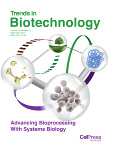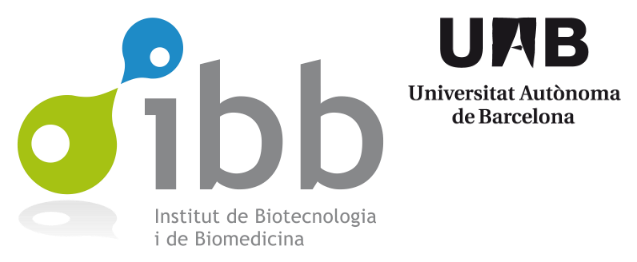 Protein-Based Therapeutic Killing for Cancer Therapies
Protein-Based Therapeutic Killing for Cancer Therapies
Naroa Serna1, Laura Sánchez-García, Ugutz Unzueta, Raquel Díaz, Esther Vázquez, Ramón Mangues, Antonio Villaverde
Show more
https://doi.org/10.1016/j.tibtech.2017.11.007
Targeting cytotoxic drugs in oncology is essential because side toxicities limit reaching effective local doses.
Functionalization of nanoscale drug vehicles has so far achieved a moderate targeting effect. The nanoscale size of drug preparations favors enhanced permeability and retention (EPR) and reduces renal filtration.
Proteins are used as inert nanoscale carriers and as functional targeting agents in the form of antibodies or ligands that bind to tumor cell-surface markers.
Many protein species exhibit potent cytotoxic activities that have been exploited to develop new antitumor drugs.
Protein engineering and recombinant DNA technologies allow cytotoxic proteins to be empowered with accessory domains for oligomerization, targeting, endosomal escape, and self-activation. Therefore, the production of self-assembling, self-delivered protein drugs for oncology is becoming feasible.
The treatment of some high-incidence human diseases is based on therapeutic cell killing. In cancer this is mainly achieved by chemical drugs that are systemically administered to reach effective toxic doses. As an innovative alternative, cytotoxic proteins identified in nature can be adapted as precise therapeutic agents. For example, individual toxins and venom components, proapoptotic factors, and antimicrobial peptides from bacteria, animals, plants, and humans have been engineered as highly potent drugs. In addition to the intrinsic cytotoxic activities of these constructs, their biological fabrication by DNA recombination allows the recruitment, in single pharmacological entities, of diverse functions of clinical interest such as specific cell-surface receptor binding, self-activation, and self-assembling as nanoparticulate materials, with wide applicability in cell-targeted oncotherapy and theragnosis.
